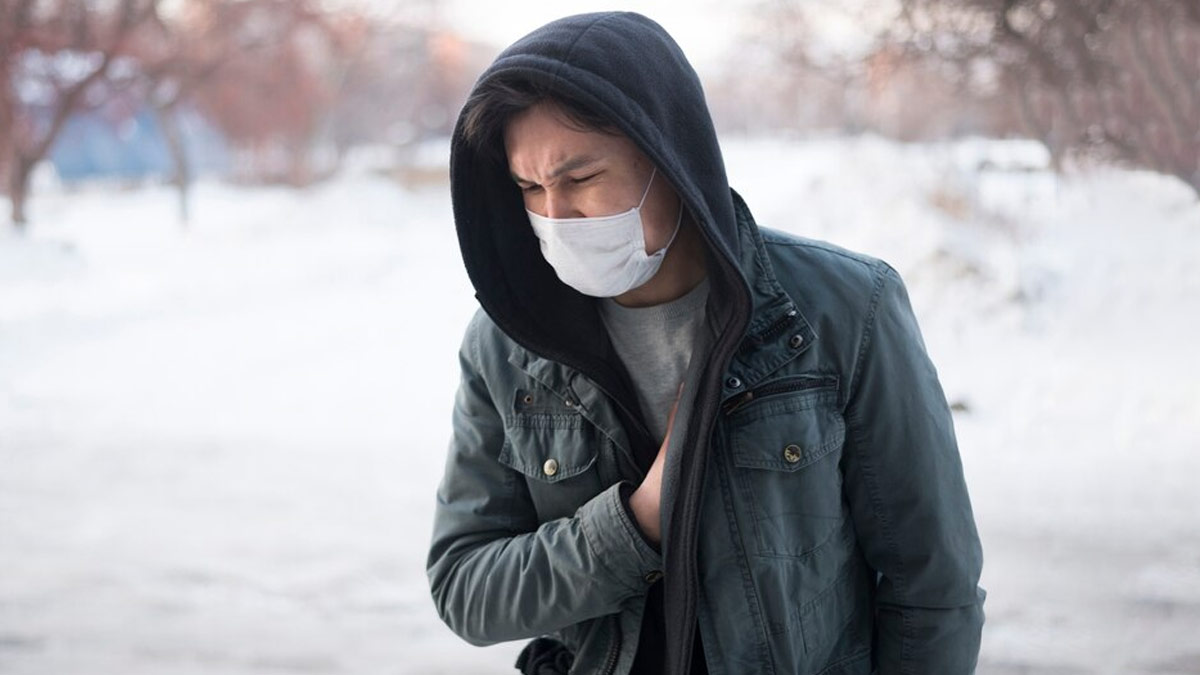
Winter brings many challenges to our health, and sometimes, the morning can unveil symptoms that are out of the ordinary. While colds and flu are common during this season, some unusual winter disease symptoms may catch you off guard.
Table of Content:-
Frozen Shoulder Syndrome

If you feel stiffness and pain in your shoulder after waking up, that seems to be exacerbated by the cold weather, you might be experiencing symptoms of Frozen Shoulder Syndrome. According to Penn Medicine, this syndrome is also called adhesive capsulitis and is usually caused by inflammation.
This condition causes the shoulder joint to become stiff, limiting its range of motion. Winter's chill can intensify these symptoms, making mornings particularly challenging.
Raynaud's Disease
For some individuals, winter mornings can trigger a condition known as Raynaud's disease. This disorder affects blood flow to certain parts of the body, often the fingers and toes.
Exposure to cold temperatures can lead to numbness, tingling, and a colour change (usually white or blue) in affected areas. According to Johns Hopkins Medicine, this phenomenon happens due to spasms of blood vessels in those areas.
Also Read: Raynaud's Phenomenon: Symptoms, Precautions, and Treatment
Winter Asthma

Allergy and Asthma Network shared that cold, dry air can be a trigger for asthma symptoms. In winter, the combination of low temperatures and indoor heating systems can lead to morning coughing, wheezing, and shortness of breath for individuals with asthma. Managing indoor air quality and staying warm are crucial to prevent these morning discomforts.
Cold Urticaria (Cold Hives)
Imagine waking up with itchy, red welts on your skin every time you step into the cold. Cold urticaria, or cold hives, is an allergic reaction triggered by exposure to cold temperatures, according to the American Academy of Dermatology Association. If you notice these symptoms, avoid morning walks or outdoor activities during winter.
Seasonal Affective Disorder (SAD)
While not exclusive to mornings, Seasonal Affective Disorder tends to peak during the winter months. According to Johns Hopkins Medicine, SAD is basically a type of depression.
People with SAD may experience symptoms like fatigue, low energy, and difficulty waking up in the morning. The reduced sunlight during winter can disrupt circadian rhythms and contribute to these depressive symptoms.
Also Read: Winter Wellness: 8 Tips To Conquer Seasonal Affective Disorder
As we navigate the winter season, it's essential to be mindful of unusual morning symptoms that might signal underlying health issues. From frozen shoulders to cold hives, these conditions highlight the diverse ways in which winter can impact our well-being. If you find yourself consistently experiencing discomfort, it's crucial to consult with a healthcare professional for a proper diagnosis and guidance on managing these unique winter-related ailments.
How we keep this article up to date:
We work with experts and keep a close eye on the latest in health and wellness. Whenever there is a new research or helpful information, we update our articles with accurate and useful advice.
Current Version